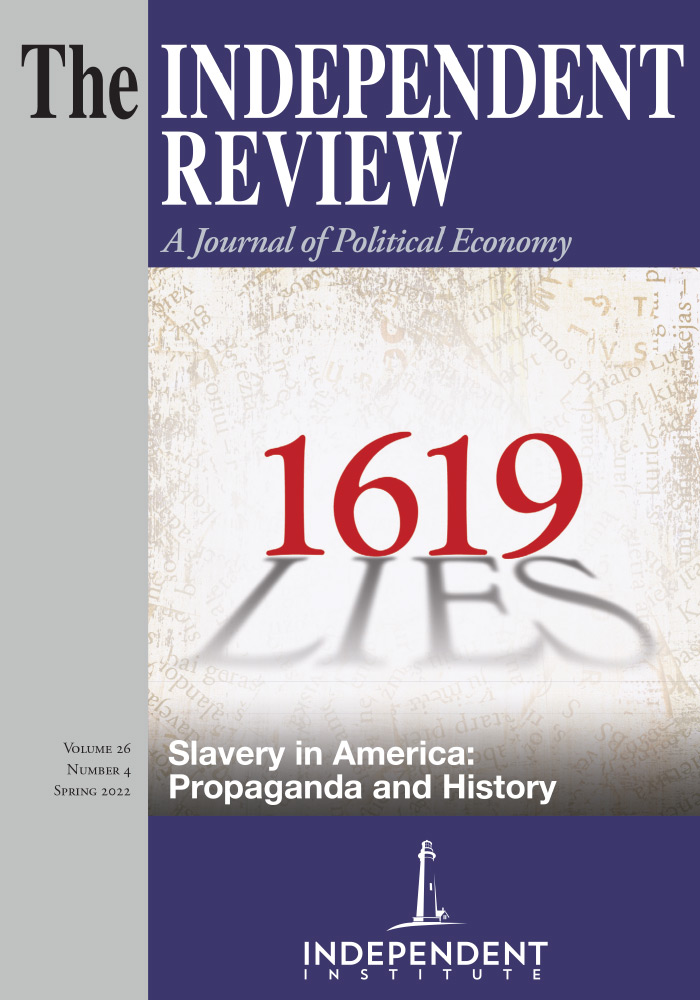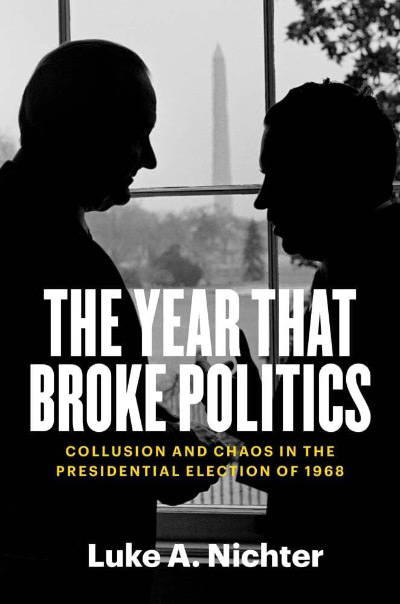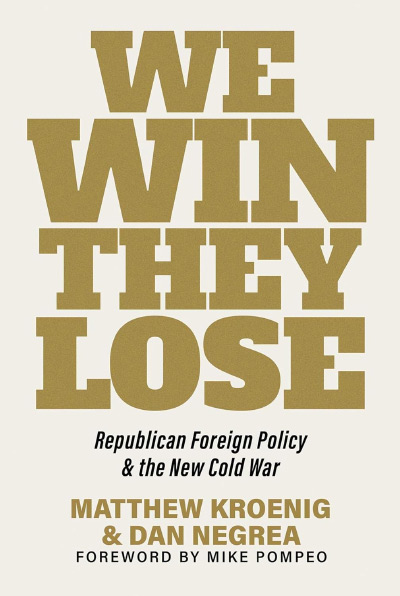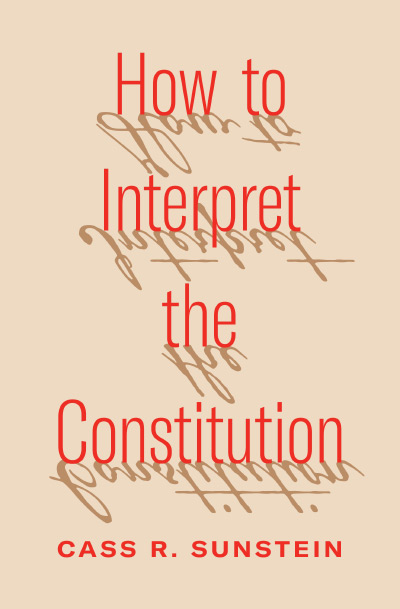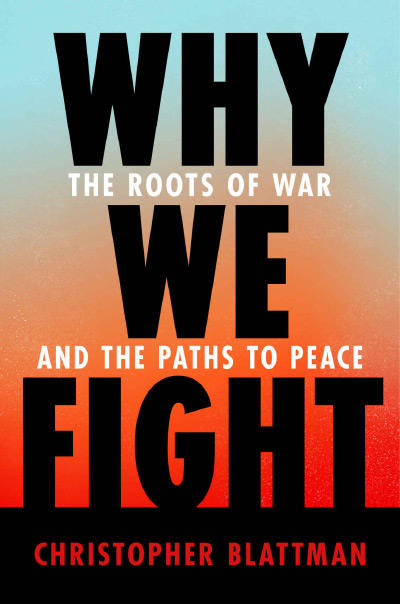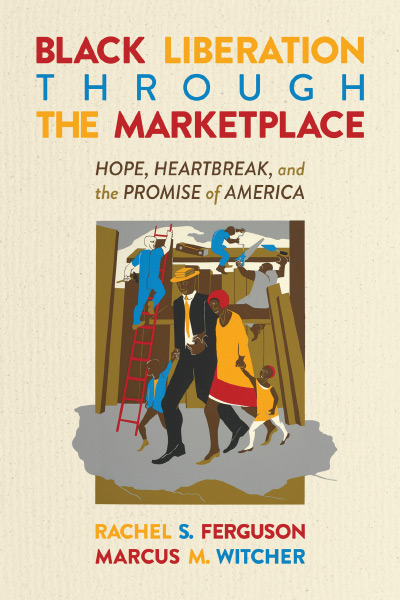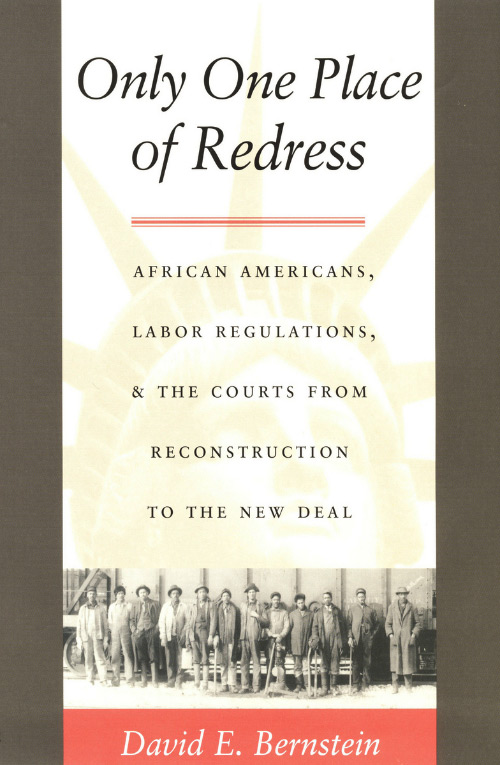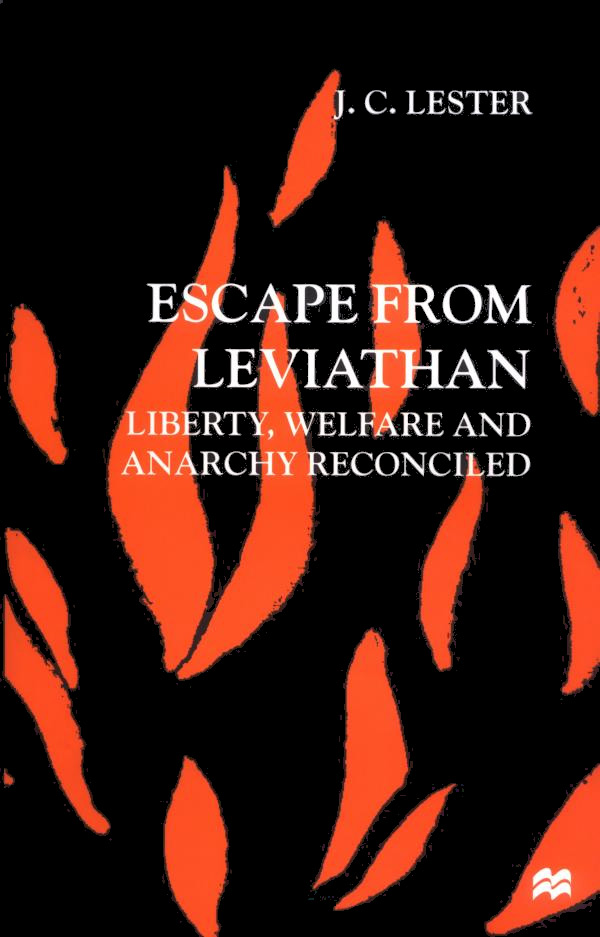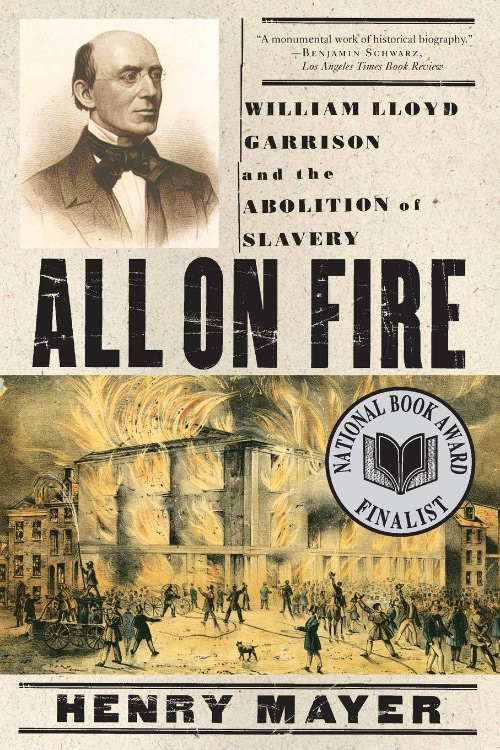What is “conservatism”? Which U.S. president do “conservatives” most admire?
For many people, the answer to the second question is “Ronald Reagan.” For more than a few people, Reagan is also the answer to the first question: Reagan embodied American conservatism or the return of American conservatism or ... something.
Marcus Witcher investigates just what it was that Reagan embodied in the period between Reagan’s first election in 1980 and Donald Trump’s election in 2016. It’s hard for me to be objective or dispassionate about all this because in 1982 I was assigned as a research assistant to Murray Weidenbaum, who was fresh back in St. Louis from his two years as chair of Reagan’s Council of Economic Advisers. And in 1984, partly with Murray’s help, I started as a staff economist at the U.S. Federal Trade Commission (FTC), working in regulatory analysis in Wendy Gramm’s edition of the Bureau of Economics.
I was a Reagan revolutionary. We were not stodgy conservatives but classical liberal econo-gods in Washington to cut red tape and smite the regulatory and tax barriers to growth and prosperity. In the election of 1984, Reagan won 525 Electoral College votes, running the table except for the District of Columbia and the People’s Republic of Minnesota. Now, we were really going to be able to get some things done: a mandate! It was morning again in America!
Except that not much really happened. Reagan made a lot of speeches, and there were some tax cuts and some typically time-wasting task forces. (I spent at least thirty hours in FTC small-business red-tape task force meetings just in 1985; we had to pay for our own coffee.) But trade barriers were raised, not lowered, and the Voluntary Restraint Agreement on steel and autos was actually tightened. This didn’t seem like a revolution; it seemed like our job was to talk about congratulating ourselves on a revolution that had just disappeared like a puff of smoke on a windy day.
Marcus Witcher’s thesis is that Reagan’s success as a politician was his ability to make speeches from the right but govern from the middle. It is tempting to contrast Reagan with Barack Obama along these lines, but Obama only did the “speeches” part, from the left. There was a difference: Obama was not pragmatic and was for the most part satisfied to bypass the legislative process and use his “phone and pen” to govern through executive order. Reagan seemed driven to get laws passed and was willing to make compromises and cut deals to get legislation done.
In fact, Reagan’s pragmatism was even deeper than that, as Witcher shows. The book argues that there are three ways to think of Reagan—all of them wrong!—that have come to represent the received “wisdom” of politics, though not of historians.
- Reagan was an aggressive, demagogic imperialist who sought to expand U.S. power through bluster and threats of force. He forced an expansion in the scope and intensity of the Cold War and caused it to last longer than was necessary, long after the leaders of the Soviet Union and Warsaw Pact nations were willing to negotiate and de-escalate tensions.
- Reagan was an economic scythe, cutting taxes beyond all reason and chopping out regulations and welfare programs based on an outdated laissez-faire ideology and without regard to the devastating consequences.
- Reagan was a rock-ribbed conservative, consistent in his principles in spite of public criticism from the craven left. The result was that Reagan’s aggressive economic and military program bankrupted the Eastern bloc and forced Gorbachev to the bargaining table because socialist nations simply could not keep up with the might of capitalism.
The first claim doesn’t pass the laugh test, though it is true (as Reagan himself freely said and with the support of Margaret Thatcher) that Gorbachev was someone the West could “do business with.” But the end of the Cold War was brokered by the relationship of trust built, in many ways at the personal level, between Reagan and Gorbachev. The occasional “Tear down this wall!” public statement notwithstanding, Reagan had a change of heart and strategy after he came to understand (in the aftermath of NATO’s “Able Archer” exercise in 1983) that the “evil empire” rhetoric implied an immediate existential threat in the eyes of the Soviet leadership. Further, the downing of Korean Airlines flight 007, which the Soviets had tracked for two full hours without contacting NATO for information, made Reagan think that direct, personal communication with the Soviet leadership was imperative.
The second claim, usually made by the modern American Left, is nonsensical on two grounds. It is simply factually untrue, as my own disillusionment as a “Reagan revolutionary” illustrates. There were some tax cuts, and the tax reform of 1986 was a positive step, but there were little more than surface cuts and posturing in most areas of economic regulation. Further, and perhaps more importantly, the move toward deregulation was largely a product of the Carter administration (as was the agreement to place Pershing missiles in northern Europe); Reagan simply carried out the policy initiatives that had been established by his predecessor. And the dramatic cuts in welfare programs either didn’t happen at all or were carried out by the Clinton administration in the 1990s.
The third claim is remarkable because it is now embraced by the American Right and repeated almost as a catechism. It is sheer triumphalism: Reagan won the Cold War by obstinate anti-Communist policies and in the face of criticism by wimps. (See, for example, Dinesh D’Souza, “President Ronald Reagan: Winning the Cold War,” October 2003) So today we should follow our principles without compromise. But as Witcher shows abundantly (and a little gleefully, though perhaps for this he can be forgiven), conservatives hated, full on hated, Reagan’s policy of negotiations and “détente” with the Soviets. Typically, conservatives now will repeat George Will’s bon mot, “The Cold War is over and the University of Chicago won it” (“The Wit Who Won the Cold War,” Baltimore Sun, December 1991). But Witcher claims that conservatives remember that George Will also said that December 8, 1987—the day that the Intermediate- Range Nuclear Force Treaty was signed—would “be remembered as the day the Cold War was lost” (emphasis added).
What Witcher shows is that Reagan himself never claimed to have “won the Cold War,” and he wouldn’t have claimed that the University of Chicago did, either. There were instead three broad forces at work: the revolutionary labor and civil movements in the Eastern bloc, especially in Poland; the difficulties of maintaining the awkward and repressive governance arrangements, toward which citizens were growing increasingly restive; and Gorbachev’s ability to develop enough trust in Reagan’s and NATO’s commitments that he could persuade the Politburo and other stakeholders to stand down.
In other words, almost nothing you thought you knew about Reagan is true— unless you lived through that period, in which case it’s still true that most of what you thought you knew about Reagan is untrue. I am going to read this book again. It’s a genuinely significant contribution to the history of conservative thought and to scholarship on the American presidency.
| Other Independent Review articles by Michael C. Munger | ||
| Fall 2024 | Tax Turmoil: A Dia Fenner Economic Thriller | |
| Fall 2024 | Retrieving Liberalism from Rationalist Constructivism, Volume I; Retrieving Liberalism from Rationalist Constructivism, Volume II | |
| Fall 2024 | The Dispersion of Power: A Critical Realist Theory of Democracy | |
| [View All (83)] | ||

